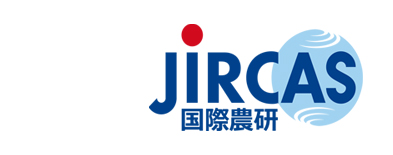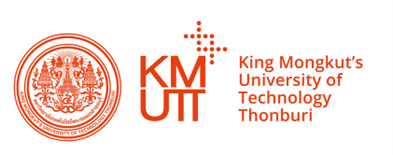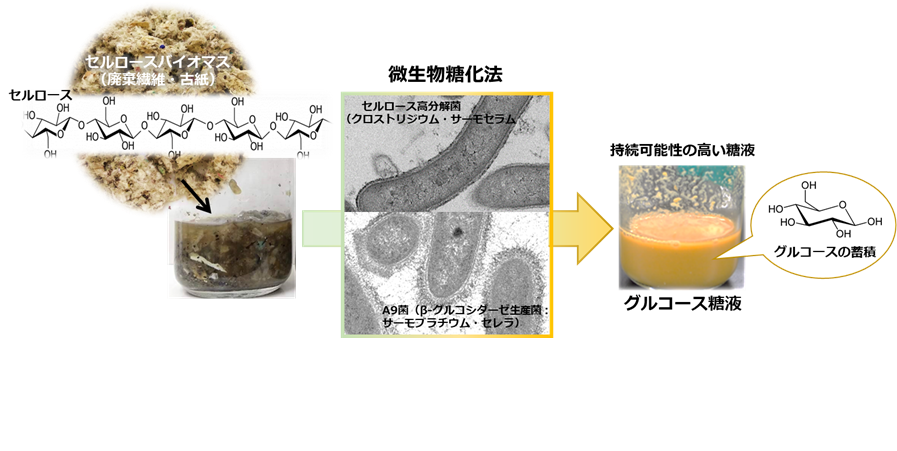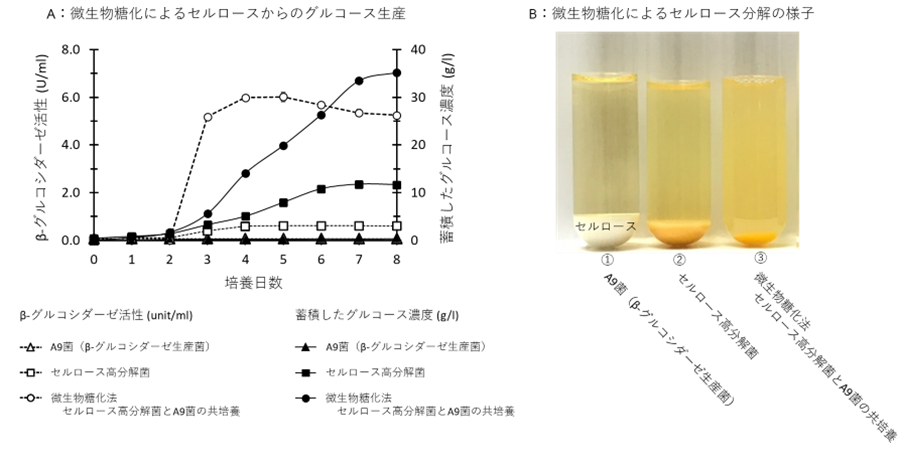研究成果
Development of Cellulose Saccharification Technology Using Microorganism Culture Only
Development of Cellulose Saccharification Technology Using Microorganism Culture Only
― Microbial saccharification method reduces the cost of saccharification enzymes to zero ―
|
Main Points
|
Overview
A joint research collaboration of JIRCAS and King Mongkut’s University of Technology Thonburi (KMUTT), Thailand has developed a "microbial saccharification" technology that does not require at all the addition of cellulase enzyme when converting cellulose based biomass into fermentable carbohydrates.
This research achievement eliminates the need to purchase cellulase enzymes, which had been a cause of high costs, because cellulose fiber can be saccharified only by coculturing microorganisms (Clostridium thermocellum and Thermobrachium celere strain A9). Furthermore, since these microorganisms can be cultured repeatedly, this next-generation saccharification technology is inexpensive and efficient, and will contribute to the promotion of decarbonization and reduction of environmental load in resource and energy procurement" under the “Strategy MeaDRI (Measures for the achievement of Decarbonization and Resilience with Innovation)” promoted by the Ministry of Agriculture, Forestry and Fisheries (MAFF).
The results of this study were published in the online edition of the scientific journal Applied Microbiology and Biotechnology on February 14, 2022 (JST).
Publication
- Authors
- S Nhima, R Waeonukul, A Uke, S Baramee, K Ratanakhanokchaia, C Tachaapaikoon, P Pason, Y-J Liu, A Kosugi
- Title
- Biological Cellulose Saccharification using a Coculture of Clostridium thermocellum and Thermobrachium celere Strain A9
- Journal
- Applied Microbiology and Biotechnology
DOI: https://doi.org/10.1007/s00253-022-11818-0
For Inquiries
JIRCAS President : KOYAMA Osamu
Program Director:HAYASHI Keiichi
Researcher-in-charge:KOSUGI Akihiko (Biological Resources and Post-harvest Division)
UKE Ayaka (Biological Resources and Post-harvest Division)
Press Coordinator:OMORI Keisuke (Head, Information and Public Relations Office)
E-mail:koho-jircas@ml.affrc.go.jp




